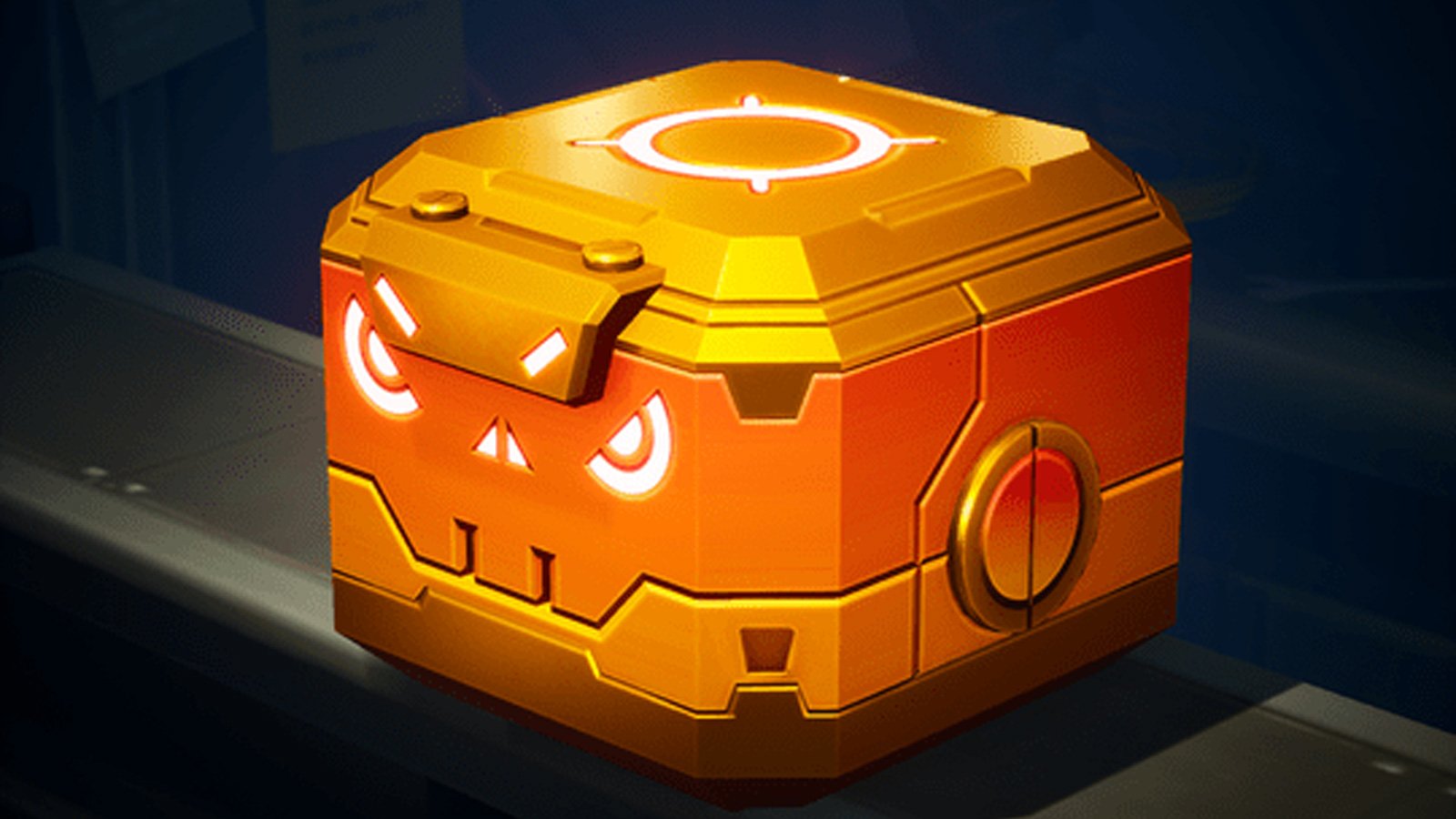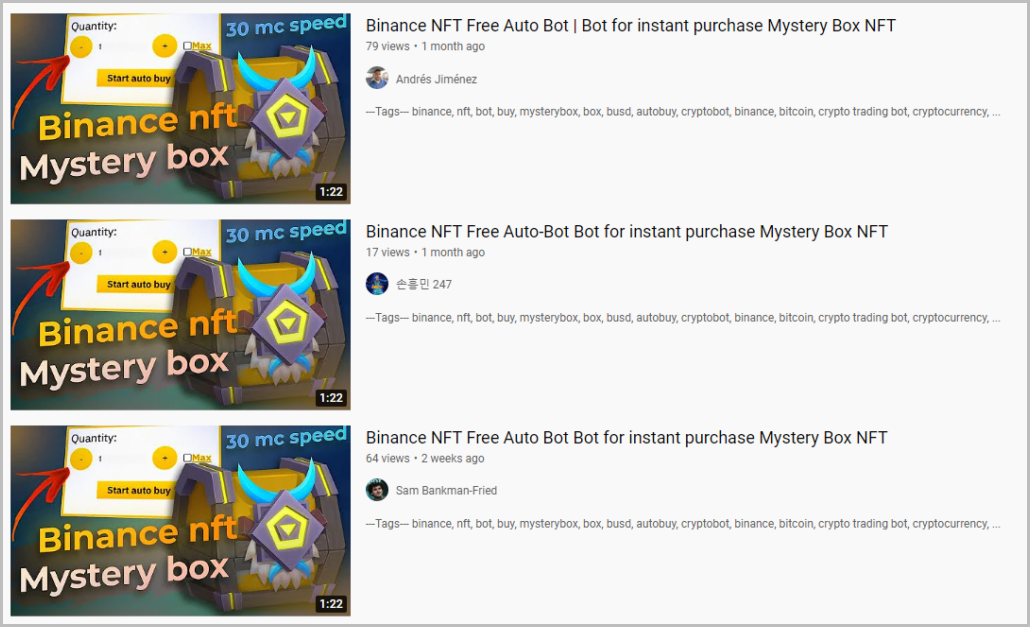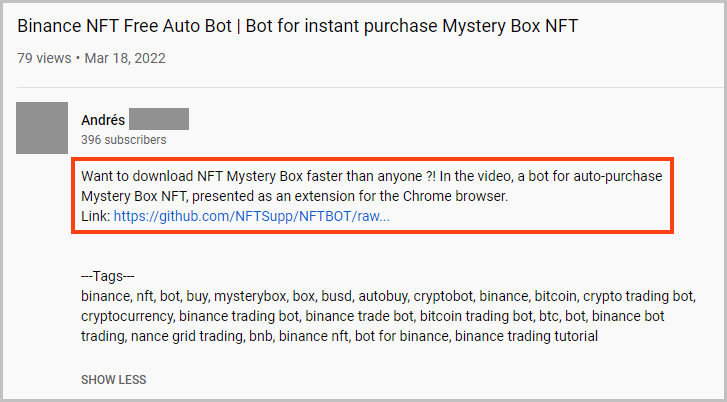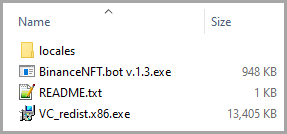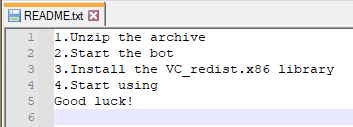Recently, hackers stole around $5.2 million worth of Solana from 8,000 hot wallets, such as Phantom, Slope, and Trust. Solana claimed that the security vulnerability was in the code of the third-party wallets and not in their own.
Now in the light of such revelations, cyber experts are debating whether crypto investors should store their private keys in cold wallets in order to secure their crypto holdings from such cyber hacking.
Incidentally, Peck Shield Alert, a security firm has Tweeted that around $8,000 worth Stablecoin and Solana have been stolen. Besides, Solana has also struggled with security issues in the past, and now, probes has revealed that as many as four addresses were linked to the hacker.
Crypto investing has come in vogue of late as they are considered the currencies of tomorrow. They are based on the Blockchain, and will be the native currency in the WEB3 space, the new digital world that we will be able to access in a few years using virtual reality.
Central banks across the world, including the Reserve Bank of India have announced they will be launching the central bank digital currency (CBDC) soon. As we usher towards this new world, the important question that now rises is how we can keep our money safe.
Technically, you can store crypto in a custodial wallet, where they do not provide you with a private key. Else, you can choose a hot wallet where your private key is stored in a browser extension or a desktop application, and lastly there is the most secure of all, the cold wallet, where you store your key in a hardware wallet. Keeping the private key secure is the most important piece of the puzzle.
Let us understand the concept of hot and cold wallets in detail.
Hot Wallets
Hot wallets include Web-based wallets (browser extension), mobile wallets, and desktop wallets. They are all connected to the Internet. In other words, if your system gets compromised, or if the hot wallet you use has security vulnerabilities, like in the Solana hacking case, where hackers stole the private key from inactive crypto Slope, Trust, and Phantom wallets, hackers can steal your private keys and drain your wallet. They can use a crypto tumbler…




